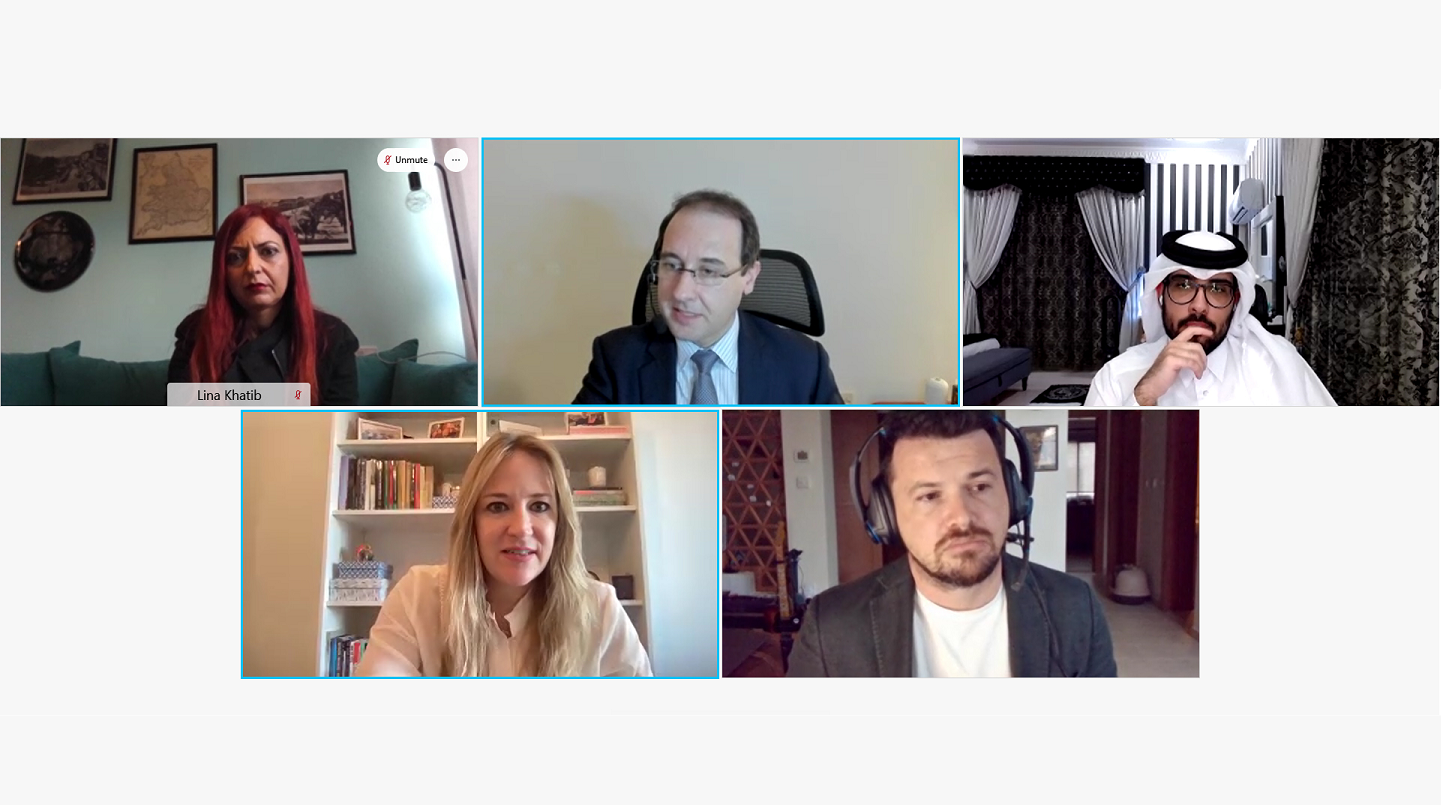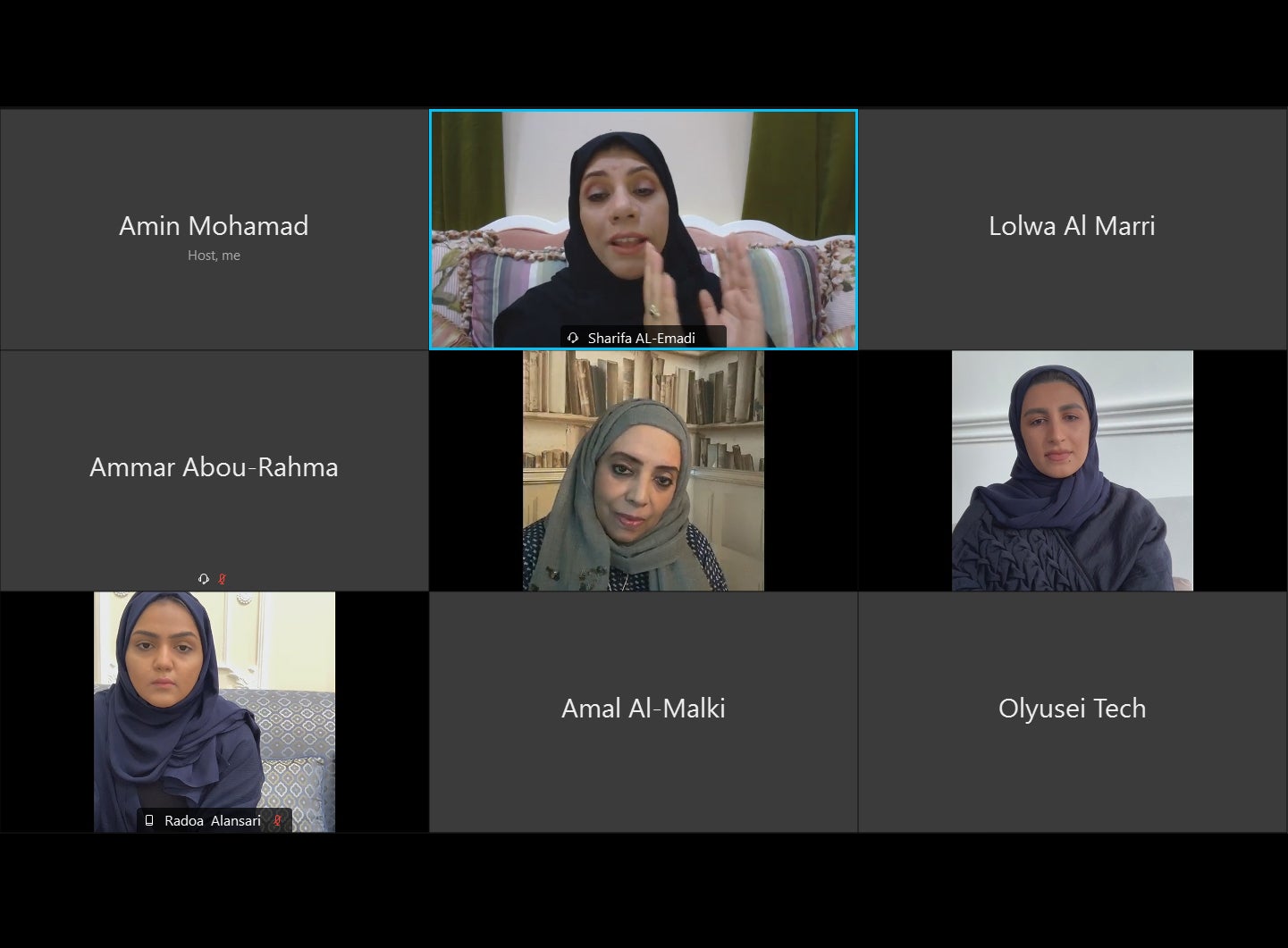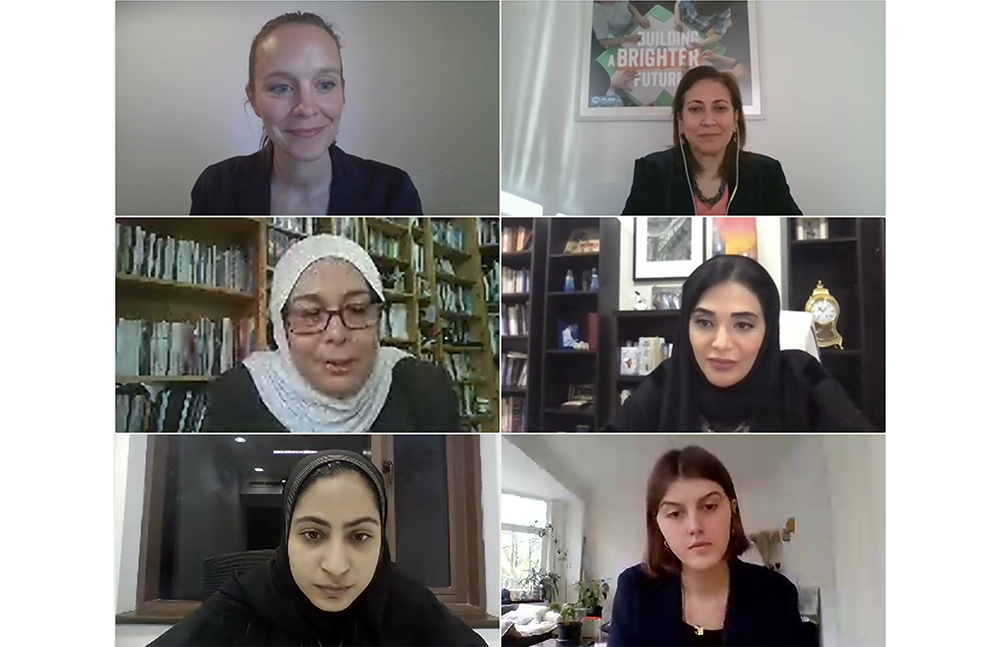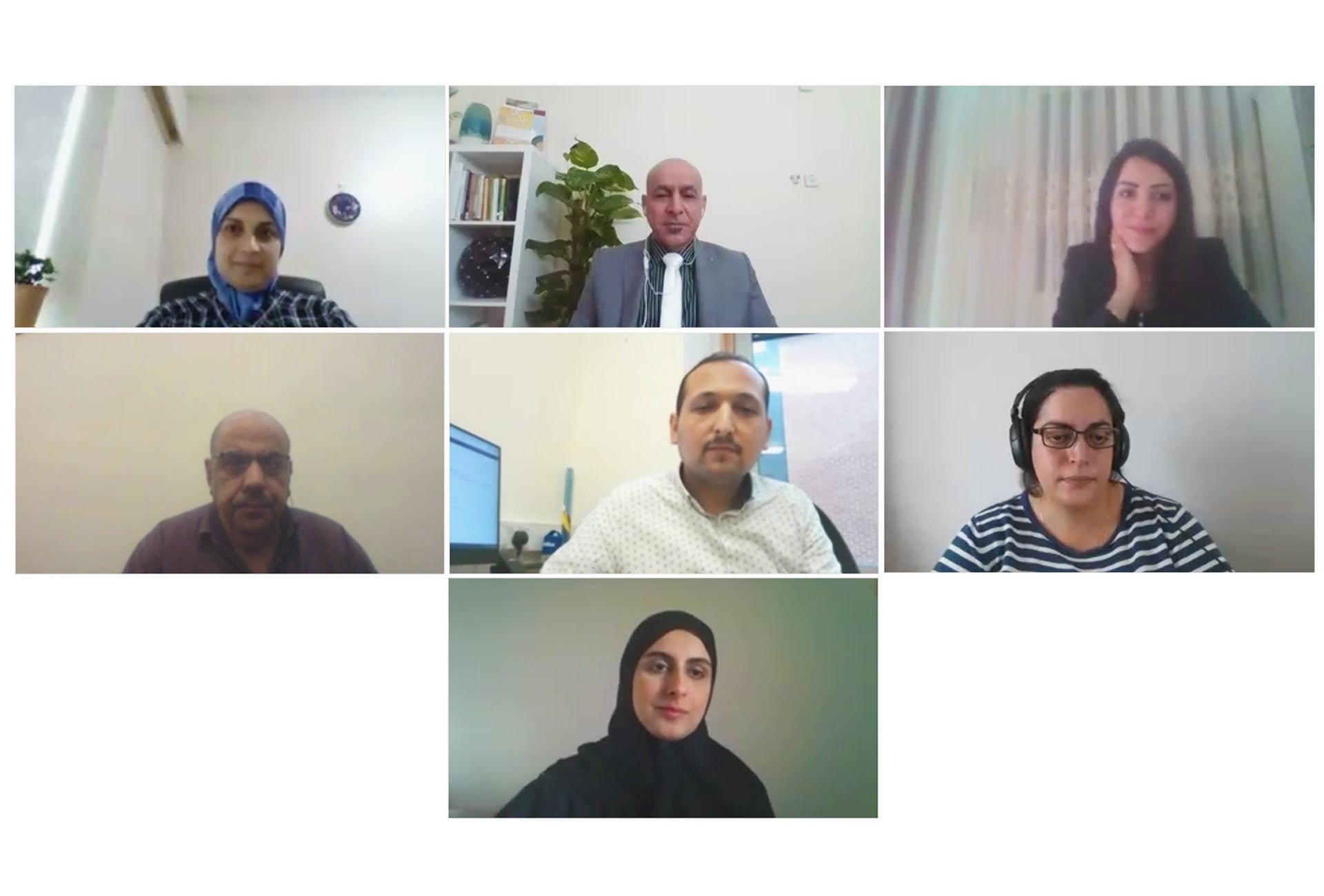Conference reflected on knowledge and power in the Middle East studies discipline

Historic and contemporary issues impacting the study and knowledge of the region formed the backdrop for the inaugural Middle East Conference, which took place on February 6-7. The two-day conference, held online, was the first such international forum organized by the Middle Eastern Studies Department (MESD) at the College of Humanities and Social Sciences (CHSS), part of Hamad Bin Khalifa University (HBKU), and examined “Knowledge and Power in Middle East Studies: Regional and International Perspectives”.
In an opening keynote address, Professor Marwan Kraidy, Dean and CEO, Northwestern University in Qatar, reflected on the Middle East as a nexus of different historical and contemporary forces that continue to shape relationships within the region and beyond.
Welcoming remarks by Professor Hassan Hakimian, Conference Chair and MESD Director, and Dr. Amal Al-Malki, Founding Dean of CHSS, highlighted the significance of the inaugural Middle East Conference, to address gaps, norms, and emerging trends, noting that knowledge of the region has been historically fraught with uneven and conflicting perspectives.
The program continued with two in-depth panel discussions. Dr. Marc Owen Jones, Assistant Professor at MESD, CHSS, chaired the panel “Transnational Dynamics and International Politics: How are Evolving Big Power Politics Impacting the Middle East?”. Speakers addressed international foreign policies towards the region, transnational movements, and changing regional alliances and patterns of behavior. Discussions covering a breadth of issues were moderated by Dr. Steven Wright, Associate Dean for Student Affairs, CHSS.
Chaired by Professor George Mikros, MESD, CHSS, a panel titled “Analyzing the MENA Social Dynamics Using NLP and Big Data Methods”, featured expert presentations on news consumption in time of conflict, labeling multilingual COVID-19 tweets, and understanding the Arab region from social media. Presentations considered whether understanding the Quran posed a challenge for artificial intelligence, as well as religious polarization in Arab online communities. The discussion was moderated by Dr. Wajdi Zaghouani, Assistant Professor in Digital Humanities, CHSS.
Panels on February 7 addressed “Society, Cities, and Space in the MENA Region” and “Knowledge and Power in Palestine: The Quest for Statehood and the Marginalization of Rights”, with eminent speakers from Boston University, UMass Boston, Birzeit University, Syracuse University, and Exeter, among others.
After the conference, Professor Hassan Hakimian, Director of MESD at CHSS, said: “The need to address current challenges facing the Middle East and North Africa was the main motivation for this gathering of renowned scholars who took a fresh look at factors shaping the evolution of Middle Eastern studies. We hope that our first conference will contribute to new research, innovative methods, and fresh perspectives that can enrich the field through region-wide, cross-disciplinary academic collaborations.”
MESD currently offers two MA Programs in Women, Society and Development and in Digital Humanities and Societies, and is home to a dedicated group of scholars studying the Middle East and North Africa region in its various complexities. Faculty sharing their expertise on the organizing committee are Dr. Carol Fadda, Professor George Mikros, Dr. Dana M. Olwan, Dr. Marc Owen Jones, Dr. Sophie Richter-Devroe, Dr. Steven Wright, and Dr. Wajdi Zaghouani. The college is accepting applications to its academic graduate programs until March 15, 2022.
Related News

TII Hosts 11th International Translation Conference Focusing on the Impact of Accelerated Digitization During the Pandemic

College of Humanities and Social Sciences Continues Women’s Affairs Series by Highlighting Changing Roles Amid COVID-19






